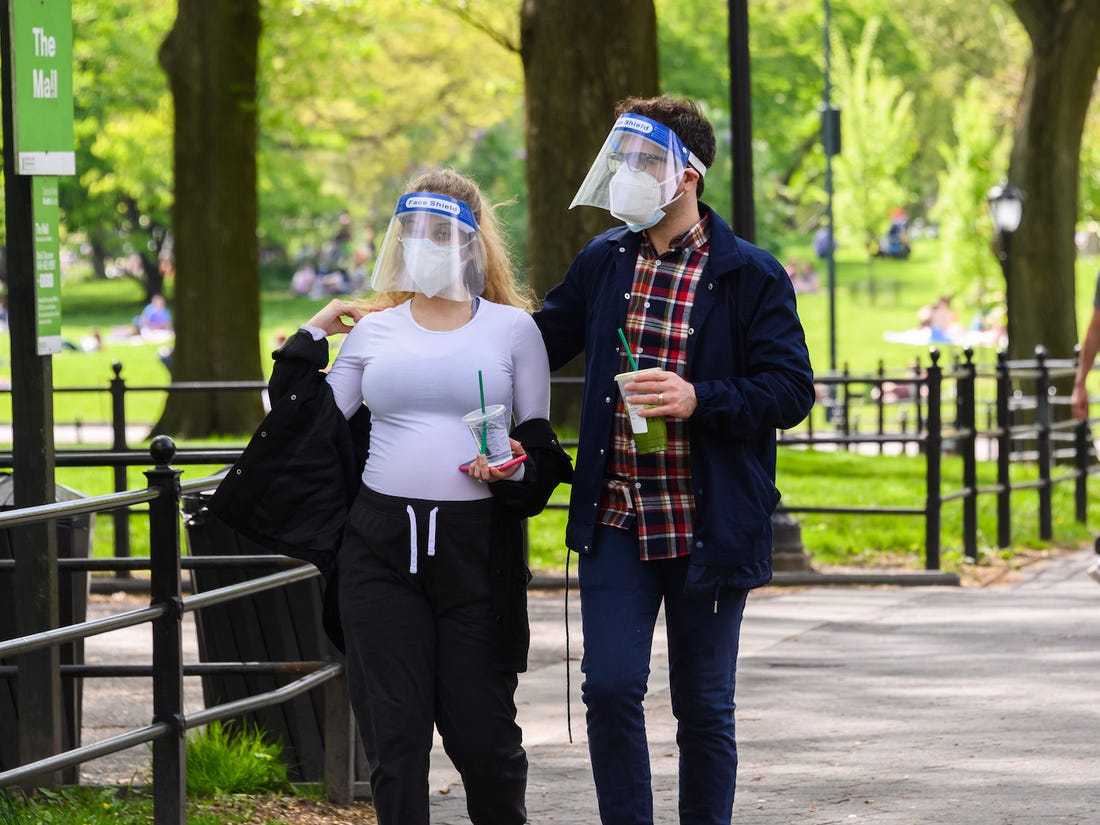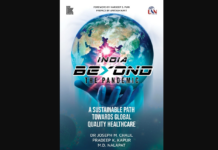Vidya Sethuraman
India Post News Service
The inadequacy of America ́s health care, economic, and policing systems has been laid bare by a perfect storm of crises that are hitting the country at the same time. On June 19, EMS organized a teleconference with four experts in the fields of race relations and criminal justice reform, immigrant integration, the job sector, and health care who shared their perspectives on how to reimagine these systems in hopes of building a more equitable future.
Tung Nguyen, UCSF Health Division of General, Internal Medicine gave an update on the pandemic numbers. As of June 21, over 8.84 million people were diagnosed with Covid-19 and 465k deaths worldwide. In the US, there are over 2.31 million cases with over 122k deaths. Arizona, Florida, California, Nevada and Texas reported record spikes in confirmed Covid-19 cases on Friday (19 June) as states continue their phased reopening and ramp up testing.
Tung explained that African American population is more vulnerable to the infection due to their underlying medical conditions. States which have mandated the usage of face masks, have seen a decline in the cases compared to others. Californians are now required to wear masks in a variety of public settings. The order by Gov. Gavin Newsom includes visits to high-risk settings such as healthcare facilities and while people are waiting or riding public transit.
On the vaccine front, researchers in the United Kingdom announced preliminary results from a clinical trial that showed a low-cost steroid called dexamethasone appeared to lower the risk of death in patients with COVID-19. The researchers said the anti-inflammatory drug reduced the number of deaths in COVID-19 patients on ventilators or oxygen alone by one-third. This is great news, as the drug is cheap and easily available, said Dr.Nguyen.
The United States has the most expensive health care system in the world, but its outcomes are poor because it is focused on the wrong things, he said. “The factors that contribute the most are low life expectancy or income quality, low levels of education and exposure to violence along with other key determinants, like jobs, housing and food insecurity and climate change. These are the proper topics for public health and for health care to work on in the future,” said Nguyen.
Constance L. “Connie” Rice, Civil rights activist and lawyer, and the co-founder and co-director of Advancement Project California spoke on the changes needed to be implemented by the police department. We are still working through the machinery and the dynamics and the culture of white dominance and white supremacy. Until you change the mission, you’re not going to get changed policing. It aggravates, it accumulates, and it produces dynamics that get toxic. The roots of American policing, she said, are ensconced in “slave patrols” meant to keep people “in place,” a mindset that is a “warrior mentality. It’s not about a bad apple. It’s about a toxic orchard and the entire culture.”
Manuel Pastor, Professor of Sociology and American Studies & Ethnicity at the University of Southern California spoke on inequality, racism and the other challenges faced by the society of color. He noted the United States’ wide economic gap; African Americans earn an average $17,000 per year, the least amount of any ethnic group, while white Americans earn an average $171,000, according to recent Bureau of Labor Statistics data. I think what we’ve seen is a major shift in U.S. consciousness around both policing and the sort of brutality that’s often been involved in contemporary policing and the racist character of it, but even more deeply that the policing is really just a tip of a racist iceberg that has to do with economic inequality, educational inequality and environmental inequality,”
He added.”My advice is for us to not lose sight of the fact that this is a moment in which an entire system of systemic inequality is being revealed, and we need to begin to tackle it with our hearts and with our heads,” he said. Pastor added on DACA, “This a major win for DACA recipients, their families, and our communities — and it is a hard-earned victory by the movement led by bold, young immigrant organizers and allies who fought to keep DACA in place over the last eight years.”
Marina Gorbis, Executive Director of the Institute for the Future (IFTF), a 50-year old non-profit research and consulting organization based in Silicon Valley spoke on the future of work. “The kind of things we’re experiencing today is actually the result of decisions and choices we made decades ago. And similarly, the kinds of decisions and choices we make today are probably going to shape our post-COVID-19 future.”
We have to rebuild the basic civic infrastructure from cultural norms, institute to basic ideology, which we will all have to work together.
“I’m really hopeful in this moment that in addition to all the racial inequalities and policing and all these things that are now being revealed, that it’s also an opportunity for us to rethink some economic pillars — how we treat workers about what is deserved in this economy and who deserves these things.” She challenged the notion that “hero entrepreneurs” — of the sort who predominate the Silicon Valley — deserve greater assets than other workers, and she championed the notion of universal basic assets as “a right, not something you have to earn.”







